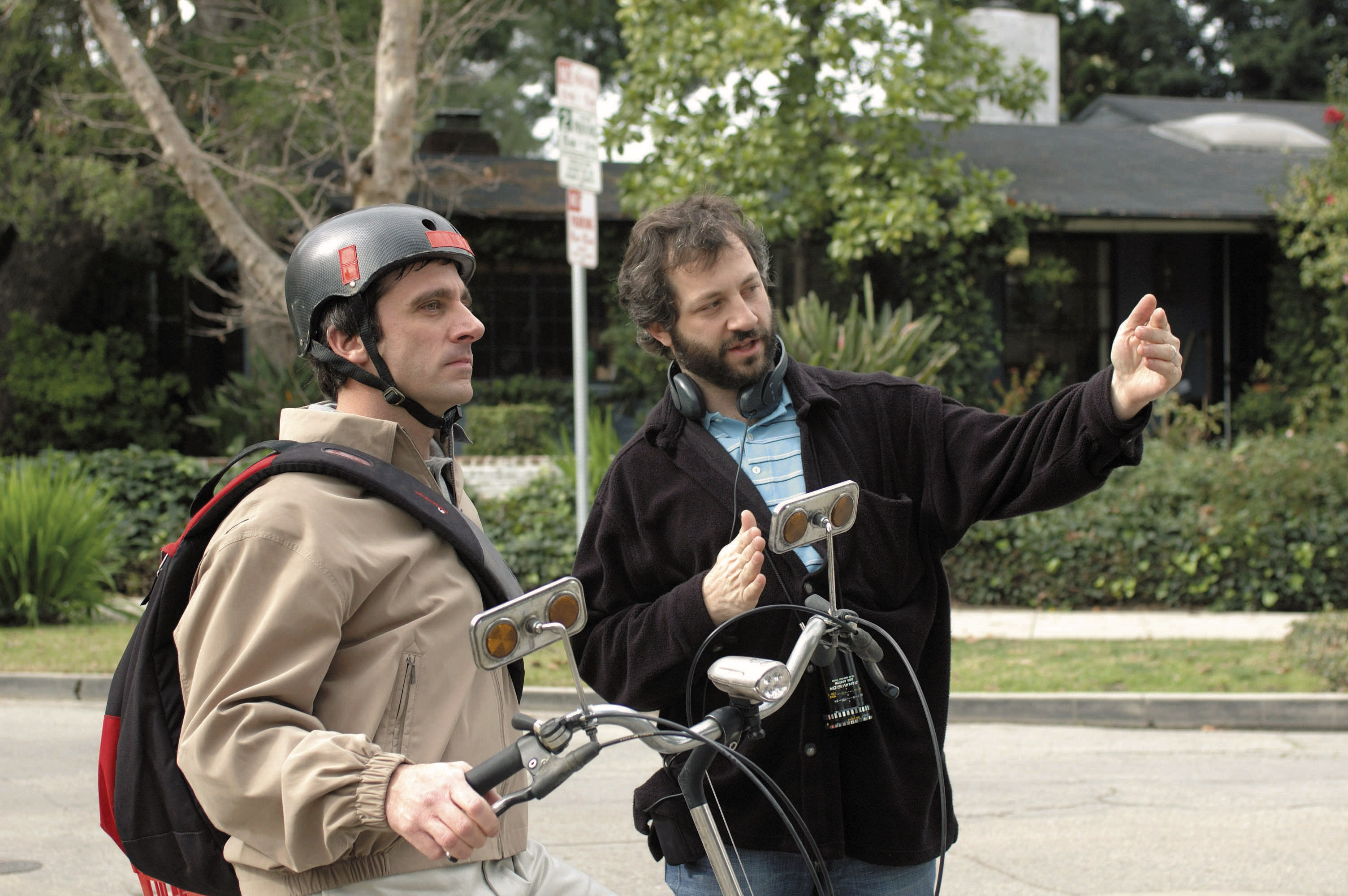
Surgeons at the University of Michigan are prescribing fewer opioids to reduce the risk of addiction.
John Moore/Getty Images
hide caption
toggle caption
John Moore/Getty Images
It may not be rocket science, but a group of surgeons at the University of Michigan has devised an approach to help curb the nation’s opioid epidemic — starting at their own hospital.
Opioid addiction has been deemed a “public health emergency” by the White House. It’s estimated to have claimed 64,000 lives in 2016 alone. And research shows that post-surgical patients are at an increased risk of addiction because of the medicine they receive to help manage pain during recovery.
To lower the risk, there’s a simple remedy: Surgeons should give patients fewer pills after surgery — the time when many people are first introduced to what can be highly addictive painkillers. They should also talk to patients about the proper use of opioids and the associated risks.
That seemingly small intervention could lead to significant changes in how opioids are prescribed and make inroads against the current epidemic, said the researchers. Their findings were published Wednesday in the journal JAMA Surgery.
“The way we’ve been prescribing opioids until this point is we’ve basically been taking a guess at how much patients would need,” said Jay Lee, a research fellow and general surgery resident at the University of Michigan, and one of the paper’s authors. “We’re trying to prevent addiction and misuse by making sure patients themselves who are receiving opioids know how to use them more safely — that they are getting a more consistent amount and one that will reduce the risk of them getting addicted.”
The researchers identified 170 patients who underwent gallbladder surgery and surveyed them within a year of the operation about how many pills they actually used, what pain they experienced after surgery and whether they had used other painkillers, such as ibuprofen.
They used the findings to create new hospital guidelines that cut back on the standard opioid prescription for gallbladder surgeries.
Then, they analyzed how patients fared under the new approach, tracking 200 surgery patients who received substantially fewer pills — an average of 75 milligrams of opioid painkillers, specifically oxycodone or hydrocodone/acetaminophen. Previously, the average dose was 250 milligrams.
Despite getting less medication, patients didn’t report higher levels of pain, and they were no more likely than the previously studied patients to ask for prescription refills. They were also likely to actually use fewer pills.
The takeaway: After surgery, patients are getting prescribed more opioids than necessary and doctors can reduce the amount without patients experiencing negative side effects.
Within five months of the new guidelines taking effect at Michigan’s University Hospital, surgeons reduced the volume of prescribed opioids by about 7,000 pills. It’s now been a year since the change took effect, and the researchers estimate they have curbed prescriptions by about 15,000 pills, said Ryan Howard, a general surgery resident and the paper’s lead author.
The reduction has real implications.
“This really shows in a very methodological way that we are dramatically over-prescribing,” said Michael Botticelli, who spearheaded drug control policy under the Obama White House, including the administration’s response to the opioid crisis.
“Not only do we have to reduce the supply to prevent future addiction, but we really have to minimize opportunities for diversion and misuse,” he said.
More hospitals are starting to turn in this direction, Botticelli said. He now runs the Grayken Center for Addiction at Boston Medical Center, which is also trying to systematically reduce opioid prescriptions after surgeries.
Meanwhile, 24 states have passed laws to limit how many pills a doctor prescribes at once, according to the National Conference of State Legislatures.
The researchers also created “common sense” talking points for doctors and nurses to use with patients. They include:
- Encouraging patients to use lower-strength, non-addictive painkillers first;
- Warning them about the risks of addiction; and
- Reminding them that even a sufficient opioid prescription would leave them feeling some pain.
The talking points also offer tips for patients on safely storing and disposing of extra pills.
“So much of this problem can be addressed with solutions that are not complicated,” said Julie Gaither, an instructor at Yale School of Medicine. Gaither has researched the opioid epidemic’s consequences, though she was not involved with this study.
Kaiser Health Newsis a nonprofit news service covering health issues. It is an editorially independent program of the Kaiser Family Foundation that is not affiliated with Kaiser Permanente.
Let’s block ads! (Why?)




